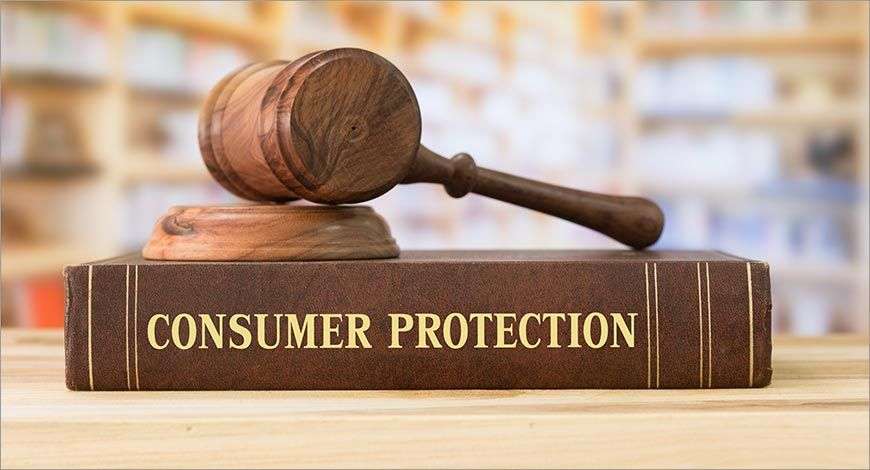The long-standing delay in the passage of Ghana’s Consumer Protection Bill has raised serious concerns from civil society organizations, particularly CUTS International and the Consumer Protection Agency.
These organizations have vocally criticized the Ministry of Trade and Industry (MOTI) for its apparent lack of urgency in advancing the bill.
Appiah Kusi Adomako, Director of the West African Regional Centre of CUTS International, and Koffi Kapito, Chief Executive Officer (CEO) of the Consumer Protection Agency, expressed frustration over the situation.
Mr. Kapito, in particular, called on the Minister of Trade and Industry, K. T. Hammond, to prioritize the bill and expedite its finalization. The CEO also stressed the need for robust stakeholder consultations to ensure that the bill is properly vetted before its eventual submission to Parliament.
One of the more controversial points raised in a press statement was the role that international bodies like the International Monetary Fund (IMF) and the World Bank may play in influencing Ghana’s legislative agenda.
Mr. Kapito pointed out that other laws, such as the Affirmative Action Act, were passed as part of IMF conditionalities, questioning whether Ghana needs similar external pressure to pass a law that is so clearly in the public interest.
“This situation is unacceptable, and it must be addressed immediately. Do we need an IMF or a foreign country to tell our government that the Consumer Protection Bill is good to protect Ghanaians from unlawful and unfair business conduct?” Mr. Kapito asked, calling attention to the unfortunate reality that some legislative processes in the country only gain traction when there is international backing.
The absence of a Consumer Protection Law leaves Ghanaian consumers vulnerable to a host of unfair business practices, ranging from substandard products to exploitative pricing schemes.
The Consumer Protection Agency argued that this lack of legal framework has enabled widespread and deliberate abuse of consumer rights. Without legislative backing, businesses that engage in deceptive marketing and unethical behavior face no meaningful consequences, which has resulted in a general sense of impunity within the market.
“Consumer rights are fundamental human rights,” Mr. Kapito emphasized, highlighting that it is the government’s duty to protect and promote these rights through legislation.
Time to Prioritize Consumer Rights

CUTS International and the Consumer Protection Agency are not merely voicing complaints—they are calling for urgent action. Their message is clear: the Ministry of Trade and Industry, along with Parliament, must take immediate steps to ensure the passage of the Consumer Protection Bill.
Mr. Kapito urged the Speaker of Parliament, as well as the Majority and Minority Leaders, to prioritize the bill in the upcoming parliamentary session.
“We need a law that is strong, comprehensive, and enforceable—one that truly protects consumers from all forms of unfair business conduct,” Kapito stressed. His plea is a direct call to Ghana’s lawmakers to treat this legislation with the urgency it deserves.
Appiah Kusi Adomako echoed these sentiments, pointing out that if the bill is not passed within this parliamentary session, it could suffer a significant setback, possibly extending the delay by several more years.
“The last time I checked, the draft document of the bill had gathered dust simply because the Trade Ministry is not interested in getting it passed,” Adomako lamented.
The delay in passing the Consumer Protection Bill is more than just a legislative bottleneck—it’s a failure to protect the rights and interests of Ghanaian citizens.
The bill, if passed, would provide essential safeguards against the rampant consumer abuses that currently plague the market. Ghana has waited 19 years for this legislation, and with each passing day, more citizens are left vulnerable to exploitation.
The calls from CUTS International and the Consumer Protection Agency should serve as a wake-up call to Ghana’s lawmakers and government officials. The protection of consumer rights is not a luxury but a necessity.
READ ALSO: Trump Pleads Not Guilty To Revised Election Interference Indictment























